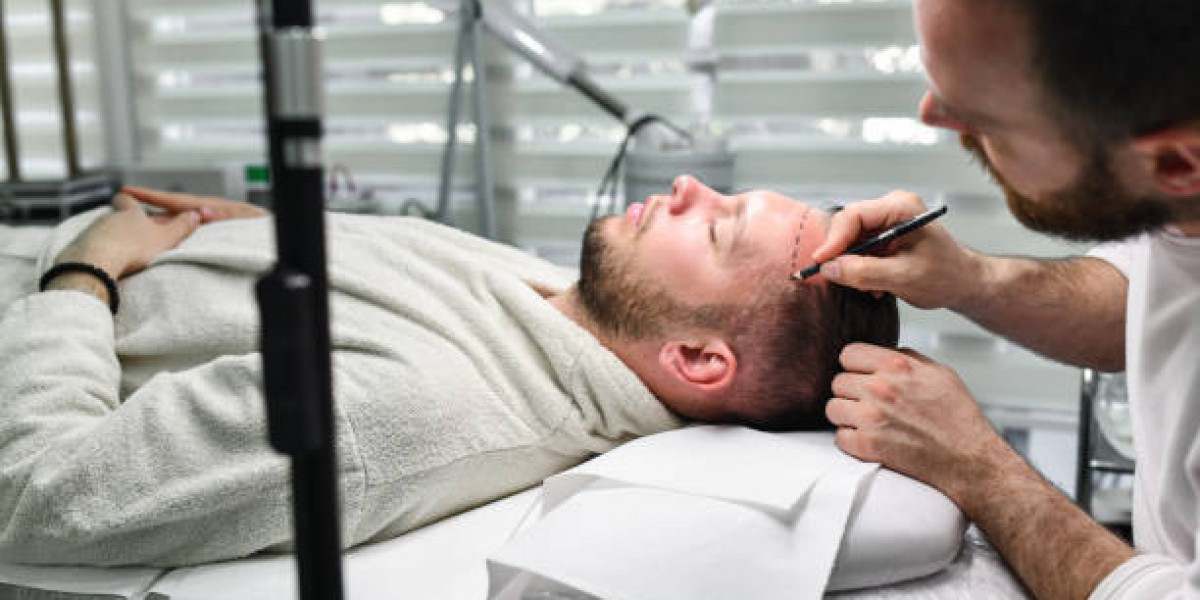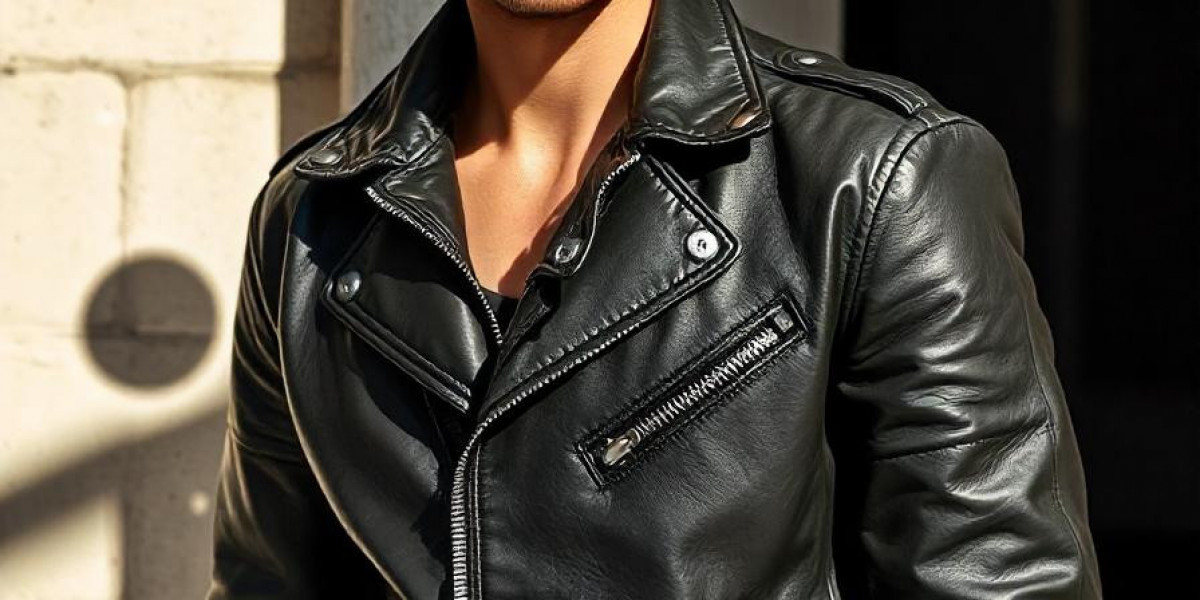Undergoing a hair transplant in Dubai is an exciting step toward renewed confidence and appearance. But the journey doesn’t end after the procedure. Post-operative care plays a critical role in achieving optimal results—and one often overlooked factor is water quality. In a city like Dubai, where desalinated water is the norm, understanding how local water affects your scalp can make all the difference in your recovery.
Understanding Dubai’s Water System
Dubai’s tap water is considered safe for drinking by international standards, but its composition is quite different from natural freshwater sources. The majority of the city’s water supply comes from desalinated seawater, which means it undergoes intense processing to remove salt and impurities.
However, desalinated water often retains high mineral content, especially calcium and magnesium, leading to what’s commonly referred to as “hard water.” While not harmful to your health, hard water can pose challenges for sensitive scalps—especially after a hair transplant.
How Water Quality Impacts Your Healing Scalp
After a hair transplant in Dubai, your scalp enters a delicate healing phase. During this time, follicles are vulnerable to irritation, infection, and dryness. Here's how water quality might influence that:
1. Scalp Irritation
Hard water doesn’t rinse away shampoo and sweat as easily as soft water. The mineral residue it leaves behind can irritate healing follicles, especially in the first two weeks post-op. This may lead to itching, flaking, or discomfort.
2. Dryness and Dandruff
Calcium and magnesium in the water can strip natural oils from the scalp, leading to dryness. For someone healing from a hair transplant, maintaining a balanced scalp environment is essential for graft survival and comfort.
3. Shampoo Ineffectiveness
Hard water can reduce the effectiveness of gentle, post-op shampoos. It may prevent them from lathering properly or rinsing clean, causing buildup that clogs pores or irritates the healing skin.
Tips for Managing Water Quality After Your Hair Transplant
Thankfully, you don’t need to overhaul your entire routine to protect your scalp. Small adjustments can go a long way in minimizing water-related issues.
1. Use Filtered Water When Possible
Consider using a shower filter or even rinsing your scalp with bottled water in the first week after your procedure. Filtered or purified water reduces mineral exposure, helping keep your scalp clean without added stress.
2. Install a Showerhead Filter
These inexpensive, easy-to-install devices can significantly reduce the amount of chlorine and minerals in your shower water. It’s a small investment that supports long-term scalp health, especially after a hair transplant in Dubai.
3. Rinse with Distilled Water During Early Recovery
In the first 7–10 days post-surgery, some patients prefer rinsing their scalp with distilled water to avoid any chance of irritation. This helps maintain a sterile, soothing environment while the grafts are anchoring.
4. Don’t Overwash
Excessive washing—especially with hard water—can disrupt the healing process. Follow your clinic’s washing schedule strictly, and keep washes gentle and infrequent in the beginning.
Recognizing Water-Related Symptoms
If you experience increased itching, redness, or flaking after your hair transplant, water quality could be contributing. While these symptoms are often normal in small amounts, worsening or persistent issues may require attention.
Consult your transplant specialist if:
You notice persistent white residue or buildup
The scalp becomes excessively dry despite following aftercare steps
You feel burning or stinging during rinsing
Long-Term Water Considerations
As you transition into the shedding and regrowth phases of your hair transplant, your scalp will gradually return to normal sensitivity. Still, it’s beneficial to maintain good habits with water use to support long-term hair health.
Hydration matters too—not just externally, but internally. Drinking enough water, regardless of its mineral content, helps keep your scalp and skin healthy from within.
Final Thoughts
Dubai’s modern infrastructure ensures access to clean, safe water—but that doesn’t mean it’s ideal for everyone, especially those recovering from a hair transplant in Dubai. By being mindful of the city’s hard water and making simple adjustments, you can create a supportive environment for your new hair to thrive.
The key? Gentle care, filtered rinsing, and paying attention to how your scalp responds. With a bit of awareness, Dubai’s water won’t be an obstacle—it’ll be just another part of your successful hair transplant journey.










